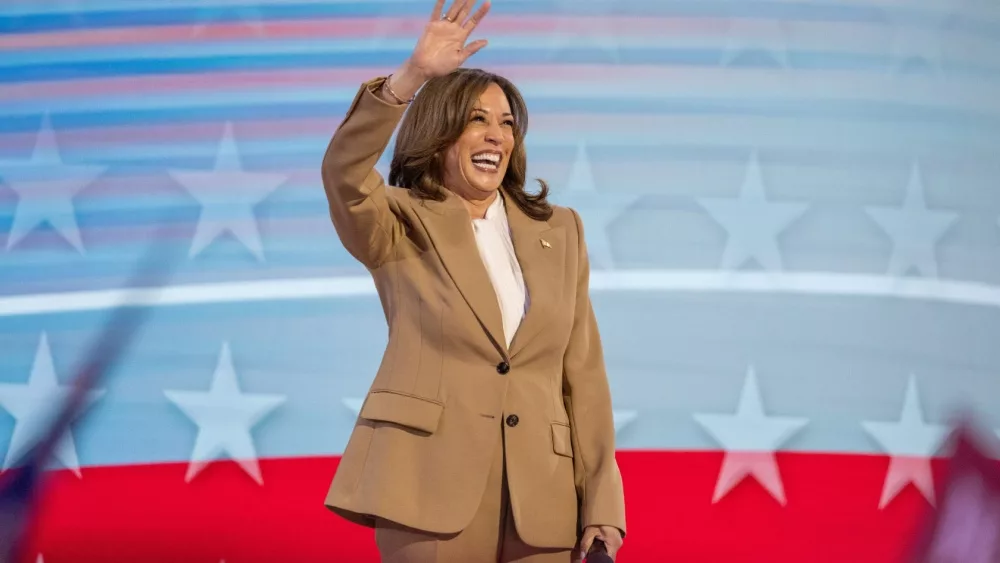
Senior Federal Communications Commission (FCC) commissioner Brendan Carr is criticizing Vice President Kamala Harris’ “Saturday Night Live” debut, with the Republican calling her appearance a “clear and blatant effort” to evade the Equal Time rule. The FCC’s “equal-time rule” was established in 1934 and required radio and television broadcast stations to provide the same amount of time for competing political candidates. There are exceptions to the rule such as newscasts, documentaries and political debates.
Taking to social media, Carr stated that the FCC’s “equal time” requirements mandate opposing candidates to get the same air time, and alleged that NBC structured this appearance in a way that evades these requirements by timing it so close to Election Day. Carr wrote on X: “this is a clear and blatant effort to evade the FCC’s Equal Time rule. The purpose of the rule is to avoid exactly this type of biased and partisan conduct — a licensed broadcaster using the public airwaves to exert its influence for one candidate on the eve of an election, unless the broadcaster offered Equal Time to other qualifying campaigns.”
Harris, 60, made a surprise appearance on this weekend’s ‘Saturday Night Live’, coming face-to-face with her impersonator Maya Rudolph in the show’s cold open where she urged sought to encourage voters to back her on Nov. 5. The segment lasted just under three minutes.
NBC is licensed by the FCC for broadcast television, which gives them access to a limited spectrum and means that they are subject to more stringent rules. SNL’s executive producer Lorne Michaels indicated in an interview published earlier this month that given the Equal Time rule, he was to planning to bring on either former President Donald Trump or Harris to the program. Michaels told The Hollywood Reporter: “You can’t bring the actual people who are running on because of election laws and the equal time provisions. You can’t have the main candidates without having all the candidates, and there are lots of minor candidates that are only on the ballot in, like, three states and that becomes really complicated.”
Editorial credit: Maxim Elramsisy / Shutterstock.com
